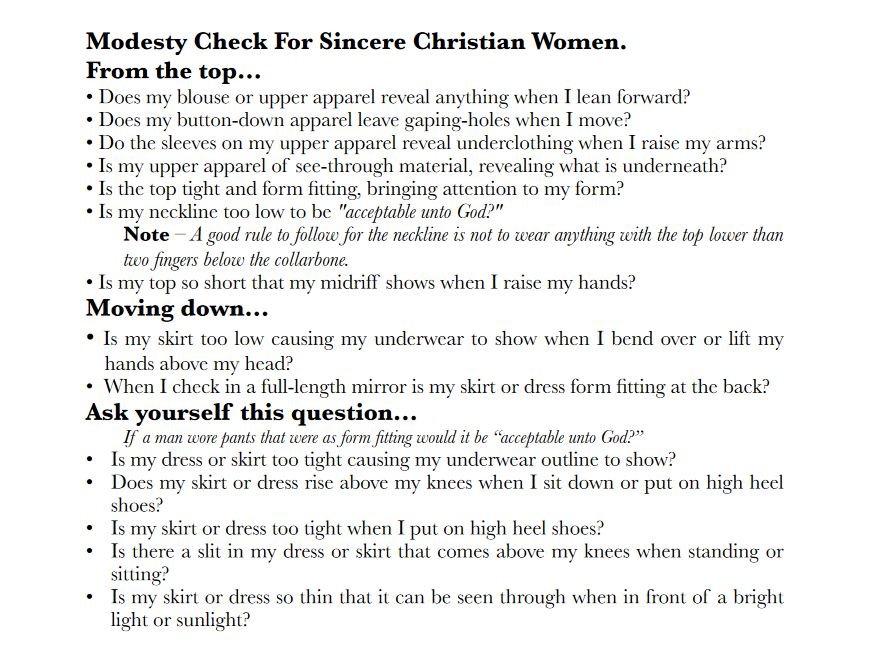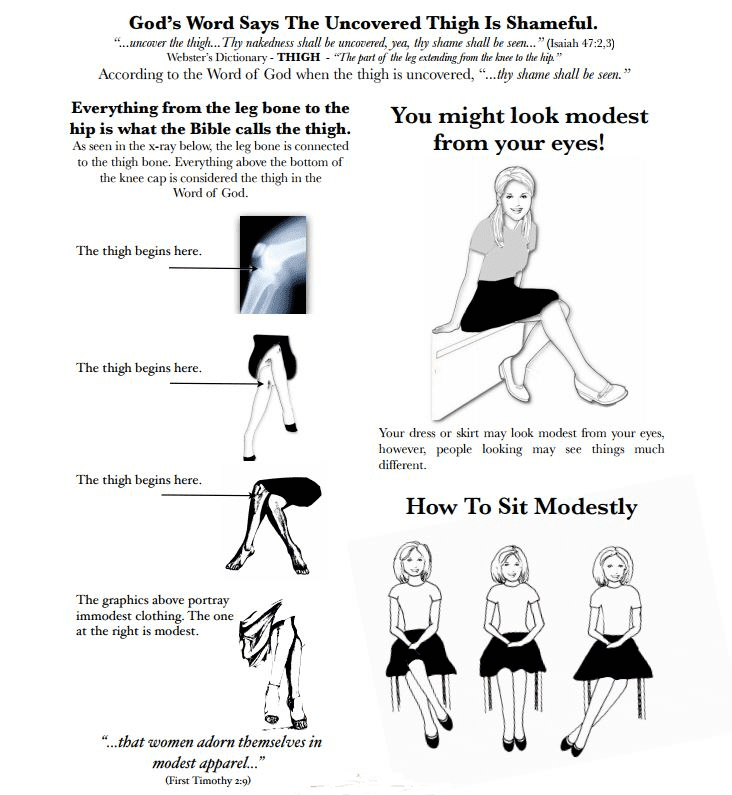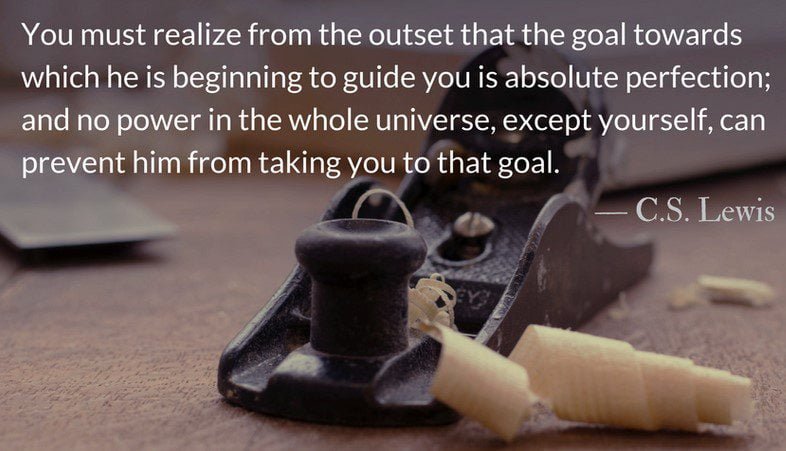
My wife, Polly, and I attended Midwestern Baptist College in Pontiac, Michigan from 1976-1979. Midwestern, founded in 1954 by Dr. Tom Malone, the pastor of a nearby megachurch, Emmanuel Baptist Church, was known for its tenacious defense of Independent Fundamentalist Baptist (IFB) Christianity. Calling itself “a character-building factory,” Midwestern churned out male pastors, evangelists, and missionaries. Women attended Midwestern too, but their educational opportunities were limited: church secretaries or Christian school teachers. Many single female students went to Midwestern to look for a preacher boy to marry. Polly was one such woman. She believed that God wanted her to be a preacher’s wife; all she wanted to do in life was be a helpmeet to her God-called preacher husband.
Both Polly and I came of age in IFB churches. We attended churches that had strict codes of conduct, especially when it came to dating and sex. Physical contact between boys and girls was forbidden. No handholding, no kissing, no embraces. Frequently reminded from the pulpit and in youth group that petting, oral sex, intercourse, and even masturbation were wicked sins against God, teens feared God’s judgment and public exposure of their “sin.” Of course, this didn’t stop teens from breaking the rules. Raging hormones always win over God. 🙂
When Polly and I arrived at Midwestern in August 1976, we were already conditioned and indoctrinated to believe that Midwestern’s Puritannical, anti-human rules were “normal.” Polly never had a boyfriend before me, so the rules seemed normal to her. I dated a few girls in high school and had one serious relationship before arriving at Midwestern. I was definitely the more experienced of the two of us, but that’s not saying much. I was still quite naive about sex. I thought that the rules were just godly older adults looking out for me; that they knew best. Both Polly and I would later learn that not only didn’t they know best, but that their rules actually caused us harm; harm that would carry through into the first decade of our marriage.
Dorm students were required to follow a strict code of conduct. Failure to obey resulted in a student being given a demerit slip. This required a face-to-face appearance at the weekly disciplinary meeting. Students were also allowed to snitch on other students. They could write an offending student up, and then put the demerit slip in a box outside the dean’s office. This led to all sorts of retaliatory snitching.
Virtually every aspect of life was strictly regulated. One time, I got written up for borrowing a unisex parka from Polly. Students were not allowed to borrow from one another. When I appeared before the disciplinary committee, I thought I would use the Bible to plead my case:
[Jesus said] Give to him that asketh thee, and from him. that would borrow of thee turn not thou away. (Matthew 5:42)
That didn’t go very well. I received a stern rebuke and ten demerits.
The most severe punishment was reserved for those who broke the six-inch rule. Couples were not permitted to be closer than six inches to each other. Breaking this rule could result in expulsion. During our sophomore year, Polly and I broke the six-inch rule. I played on the college’s basketball team. Don’t think too much of that. Think intramural basketball. One practice, I slapped at a basketball and severely dislocated the middle finger on my left hand (I’m lefthanded). I had to go to the emergency room to get the finger reset. For several weeks I had a hard time tying my tie for classes. One day, Polly was waiting for me in the dorm common area, so I asked her to tie my necktie for me. Sitting nearby was a couple known for being Pharisees. They secretly turned us into the disciplinary committee for breaking the six-inch rule. Polly and I both received 50 demerits for our “crime.” I had other demerits on my record, so I was close to being campused for the semester.

As I told my therapist today about my experiences at Midwestern she got that look on her face; you know THAT look; the one that says “this is nuts.” We had a lengthy discussion about how decades of legalistic indoctrination and conditioning affected not only me personally, but also my marriage and children. My therapist appreciated me telling her these things, saying doing so gave her better insight into my past and how it affected my psychology.
However the IFB church movement is labeled — is it a cult? — one thing is certain, long-term exposure to IFB beliefs and practices can and does cause psychological harm, and at times, can cause physical harm. Sexual dysfunction is rife among IFB adherents. Is it any wonder? It took Polly and me years to understand, appreciate, and experience healthy sexual practices. It took kicking God, the church, and the Bible out of our bedroom before we could truly enjoy sexual intimacy. It’s not that we had a bad sex life as much as we had a dysfunctional one; one infected with legalism and Bible prooftexts.
As mentioned above, Midwestern was started by Dr. Tom Malone, a powerful orator who was raised in rural Alabama. In the 1920s, Malone attended Bob Jones College. It was here that he was exposed to rigid, cultic, legalistic Fundamentalism. Many of the rules at Midwestern were imported from Bob Jones. And therein lies the danger of IFB theology and practice. Both are like a virus that spreads from generation to generation, infecting everyone that it touches. I don’t blame Malone and my professors for the harm they caused. They too were indoctrinated in the “one true faith.” They did what they know to do, not out of malice, but because they thought doing so was godly and right. One of the hardest things for me to come to terms with is that not only was I a victim, but I was also a victimizer. Yes, IFB churches, pastors, and professors led me astray, causing untold harm, but I also did the same. I passed on to Polly, our children, and the people I pastored the only things I knew about life, faith, sexuality, and Christianity. What I “knew” was ignorant and harmful, but it was all I knew. It took a crisis of faith for me to realize that what I had been taught and what had been modeled to me was not merely wrong, it was harmful, not only to me personally, but also to the love of my life, our six children, and the people who called me preacher.
This blog is, if anything, an act of penance; my way of atoning for my sins. I may not have known any better, but I still must account for my behavior. And in telling my story, others who were swallowed whole by the IFB church movement, will hopefully hear my words and find them helpful.
Bruce Gerencser, 66, lives in rural Northwest Ohio with his wife of 45 years. He and his wife have six grown children and thirteen grandchildren. Bruce pastored Evangelical churches for twenty-five years in Ohio, Texas, and Michigan. Bruce left the ministry in 2005, and in 2008 he left Christianity. Bruce is now a humanist and an atheist.
Connect with me on social media:
Your comments are welcome and appreciated. All first-time comments are moderated. Please read the commenting rules before commenting.
You can email Bruce via the Contact Form.












